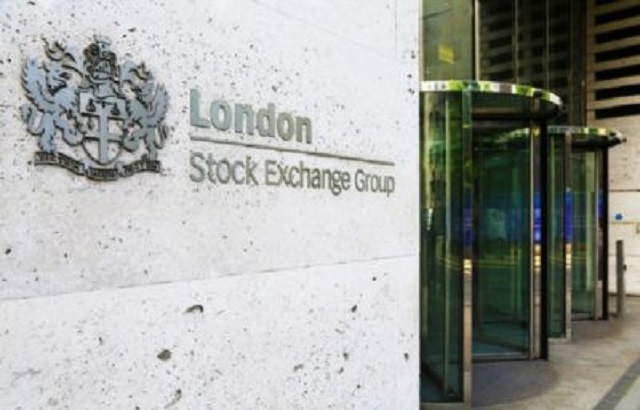Investment companies have welcomed Lord Hill’s bid to make the City more competitive, but there are concerns that the loosening of rules will leave investors exposed.
Lord Hill made a number of recommendations including modernising listing rules to allow dual class share structures in the London Stock Exchange’s premium listing segment, which would give directors continued control over their companies despite being publicly listed.
The recommendations would also see free float requirements reduced, meaning reducing the number of shares in public hands from 25% to 15%, as well as an annual report on the state of the City and a review of the prospectus regime.
Lord Hill believes that the proposals would “support the development of innovative growth sectors such as tech and life sciences, benefit the companies who choose to float in London, simplify and streamline processes, encourage a more dynamic regulatory regime, and improve the UK’s competitive position, ultimately providing more opportunities for millions of investors to share in growth.”
Positive reactions
The proposals have been welcomed by many including UK trade body the Investment Association (IA).
“The proposed reforms are an important first step to help re-energise capital markets and attract high-growth, innovative companies to set up, list and grow their business operations in the UK, providing high value jobs that will benefit the economy,” said Chris Cummings, chief executive of the IA.
“The much-needed rebranding of the standard listing segment and the review of the prospectus regime are important steps in achieving a modernised listings regime. We look forward to working with the government and regulator on the review’s proposal to allow dual class share structures and reduced free float in the premium segment, while ensuring there are appropriate investor protections for minority shareholders,” he added.
Peter Harrison, group chief executive of Schroders, offered his company’s full support to the plans, saying: “There is a balance to be struck between ensuring the highest standard of governance and supporting the growth of companies and the UK economy. Lord Hill’s review achieves that balance.”
He added: “Over the past 20 years, not only have we witnessed a 50% decline in listed public companies in the developing world, but we have seen technology and growth companies become underrepresented in the FTSE. This announcement should encourage more innovative and pioneering businesses to list in the UK.”
Surge in ‘blank cheque’ Spacs?
However, Russ Mould, investment director at AJ Bell, cautioned against the loosening of rules to accommodate special purpose acquisition companies (Spacs) at the expense of investors.
Spacs, which are shell companies listed on a stock exchange with the purpose of acquiring private companies, have seen their popularity surge in the US, raising close to $80bn (£57bn, €66bn) last year.
“A surge of interest in so-called blank cheque companies, or Spacs, where a firm is set up as an empty shell, raises cash from investors and then goes out and buys something with it, is often a bad sign when it comes to markets,” Mould warned.
“It can be an indication that animal spirits are running and sentiment is becoming overheated. A rush of Spacs could be seen in the 1720s, when the Mississippi Bubble and the South Sea Bubble were booming, and a repeat occurred as recently as 2006-07, just before the Great Financial Crisis hit home. Increased risk-taking increased the chance of accidents.”
“The FCA’s job is therefore to ensure that quality control remains paramount as it looks to balance the understandable desire to foster the next generation of corporate winners with the need to protect investors, and do so at a time when some corners of the market are looking frothy,” he added.
Worries over Spacs are already rising in the US, as one leading Spac transaction, Nikola, is facing criminal investigations amid allegations of misleading investors.
For more insight on UK wealth management, please click on www.portfolio-adviser.com








